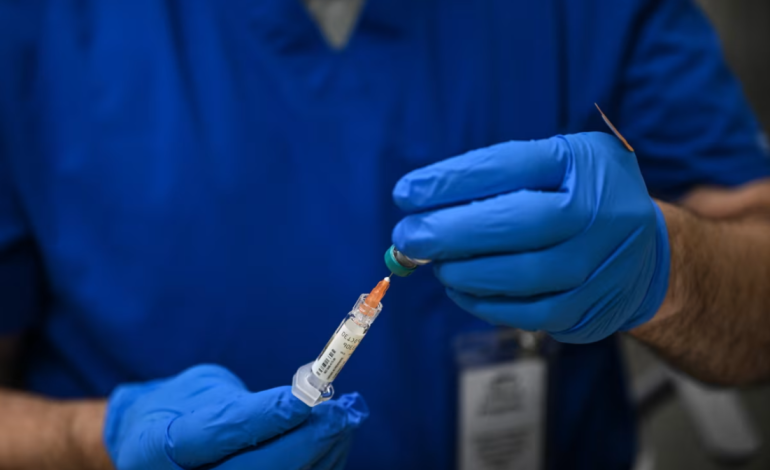As childhood vaccination rates decline across the United States, health experts are raising alarms about the potential return of diseases once thought to be eliminated, CNN reports.
This year, measles cases have reached their highest point since the disease was declared eliminated in the US in 2000, according to the Centers for Disease Control and Prevention (CDC).
Vaccination coverage against diseases like measles, mumps, rubella, polio, pertussis (whooping cough), and chickenpox is now declining in more than 30 states. Public health experts warn that this trend could lead to outbreaks of diseases that modern medicine had long kept at bay.
Dr. Leana Wen, a clinical professor at George Washington University and former health commissioner of Baltimore, explains that reduced vaccine coverage increases the likelihood of outbreaks.
“We are already seeing this in the US,” she said, citing a significant measles outbreak in Texas with hundreds of cases, nearly 100 hospitalizations, and two reported child deaths — all believed to have originated in communities with low vaccination rates.
A recent JAMA study projected that a 10% decline in MMR (measles-mumps-rubella) vaccination could lead to over 11 million additional measles infections in the US over the next 25 years. A 50% decline in routine childhood vaccinations could result in tens of millions of additional cases across various preventable diseases, with significant associated hospitalizations, deaths, and long-term complications.
While vaccines offer strong protection, no vaccine is 100% effective. For example, the MMR vaccine is about 97% effective against measles after two doses. That means some vaccinated individuals could still become infected, especially when exposed to widespread community transmission.
Vaccine protection can also wane over time. Immunity to pertussis, for instance, decreases several years after vaccination, making older individuals more vulnerable as disease re-emerges.
Moreover, certain people — such as individuals with weakened immune systems — either cannot receive certain vaccines or do not gain full protection. These people rely on the immunity of those around them, a concept known as herd or population immunity.
According to Dr. Wen, three groups are especially at risk if vaccine coverage continues to decline:
Newborns – Too young for vaccination and particularly vulnerable to severe illness.
Immunocompromised individuals – Including cancer patients, transplant recipients, and people on immunosuppressive medication.
Older adults – Who may experience waning immunity and have underlying conditions that increase susceptibility to severe illness.
Pregnant people also face unique risks. Live vaccines like MMR and varicella (chickenpox) are contraindicated during pregnancy, and infections such as rubella can cause serious birth defects.
Health experts recommend ensuring that individuals are up to date on all recommended vaccines. Pediatricians can help parents stay on track with children’s immunization schedules, while adults should consult their primary care providers.
“The concept of population immunity only works if the majority participate,” said Dr. Wen. “By staying vaccinated, we protect not only ourselves but also the most vulnerable in our communities.”










The latest news in your social feeds
Subscribe to our social media platforms to stay tuned